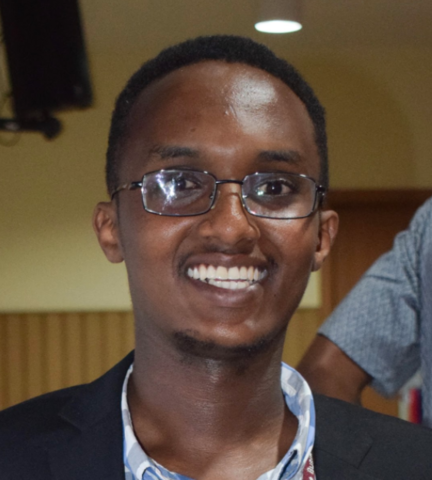The Food and Agricultural Organization (FAO) defines food security as physical, social and economic access to enough, safe and nutritious food that meets dietary needs and food preference for an active and healthy life at all times.
It is well known that agriculture plays a key role in the prosperity of every nation, however in Kenya and Africa, the sector is at a crossroads. Young people lack interest in the sector leaving the country with manpower difficulties, jeopardizing Kenya’s and Africa’s food security and economic prosperity and the continent’s progress.
Kenya’s population is growing rapidly, however statistics show that while the average age in Kenya is 19 years, the average age of a Kenyan farmer is 60, which raises doubts as to whether the country can be food secure when its most active population is not willing to participate in food production.
It is therefore critical for today’s youth to be engaged and empowered to embrace agriculture and nutrition. This starts by addressing the perception that agriculture is associated with academic failures and retirees. Governments need to invest in sensitizing and promoting awareness of the importance of Agriculture and highlighting the roles that everyone can take towards becoming food secure. Furthermore, the development community needs to invest further in financing models that ensure youth are also empowered to come up with innovative solutions to ensure food security and make available any other resources necessary for successful farming.
With the current digital revolution in Africa, Kenya is ripe to utilize technology, which offers an opportunity to attract youth to agriculture through digital platforms and innovations such as social media, apps, robotics, IoT and artificial intelligence. These digital platforms can also be used to spread knowledge, build networks, and reduce farmers’ costs in market access and information gathering while increasing their profitability.
Young people have the potential to solve several issues faced by farmers such as poor and fluctuating prices in the markets, the existence of middlemen who take advantage of the farmers and huge losses incurred due to bad weather. It may be an uphill task to change the mindsets of millennials about agriculture, but it can easily be realized by 2030. Africa boasts the youngest population and some of the most fertile lands globally and therefore enough resources to feed its people. Young people are therefore the missing mark to end hunger, achieve food security and improved nutrition and promote sustainable agriculture.




















